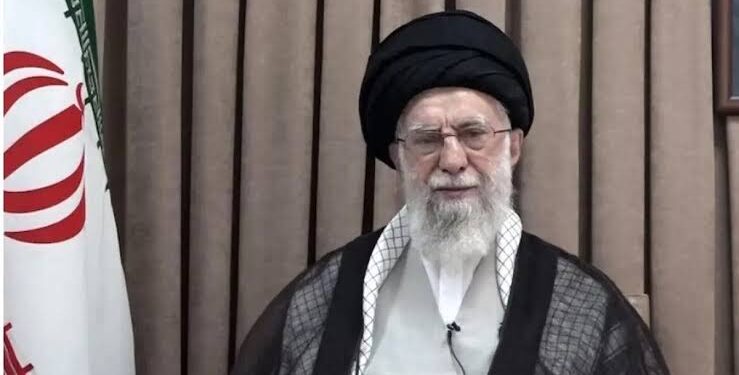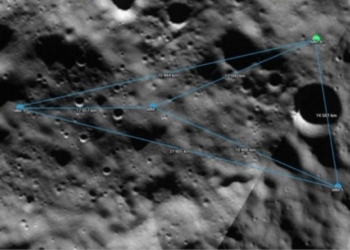Iran’s Supreme Leader Ayatollah Ali Khamenei has firmly rejected US President Donald Trump’s demand for Iran’s “unconditional surrender” amid escalating tensions in the Israel-Iran conflict.
In a televised address on Wednesday, Khamenei warned that any US military intervention would result in “irreparable damage.”
“Intelligent people who know Iran, the nation and the history of Iran, will never speak to this nation in the language of threats. The Iranian nation cannot be surrendered,” Khamenei said, as reported by The New York Times.
This was Khamenei’s second public appearance since Israel launched multiple airstrikes on Iranian soil, targeting over 20 military sites. The Iranian leader reportedly delivered his remarks from an underground bunker, where he has relocated with his family amid security concerns. According to intelligence leaks, key powers have been transferred to Iran’s Supreme Military Council, further indicating the gravity of the situation.
Responding to Khamenei’s statement, President Trump simply remarked, “I say good luck.” The US President had earlier hinted at a possible strike on Iran and confirmed knowledge of Khamenei’s location, although he added, “We are not planning to eliminate him — at least for now.”
Bloomberg reported that senior US officials are preparing for possible military action in the coming days, raising fears of a broader regional conflict.
Iran officially maintains that 224 people have died in the Israeli strikes. However, Human Rights Activists, a US-based watchdog, claims the death toll may be as high as 639, with hundreds more wounded.
Israel insists the military operation is aimed at preventing Iran from building a nuclear weapon, citing stalled negotiations between Tehran and Washington over nuclear disarmament.
With Khamenei refusing to bow to pressure and Trump signaling further escalation, the Israel-Iran conflict is at a critical juncture. Pakistan, Saudi Arabia, and other regional players have also begun to weigh in, urging de-escalation. Meanwhile, global powers continue to monitor the situation closely, fearing a spillover that could engulf the wider Middle East.





























